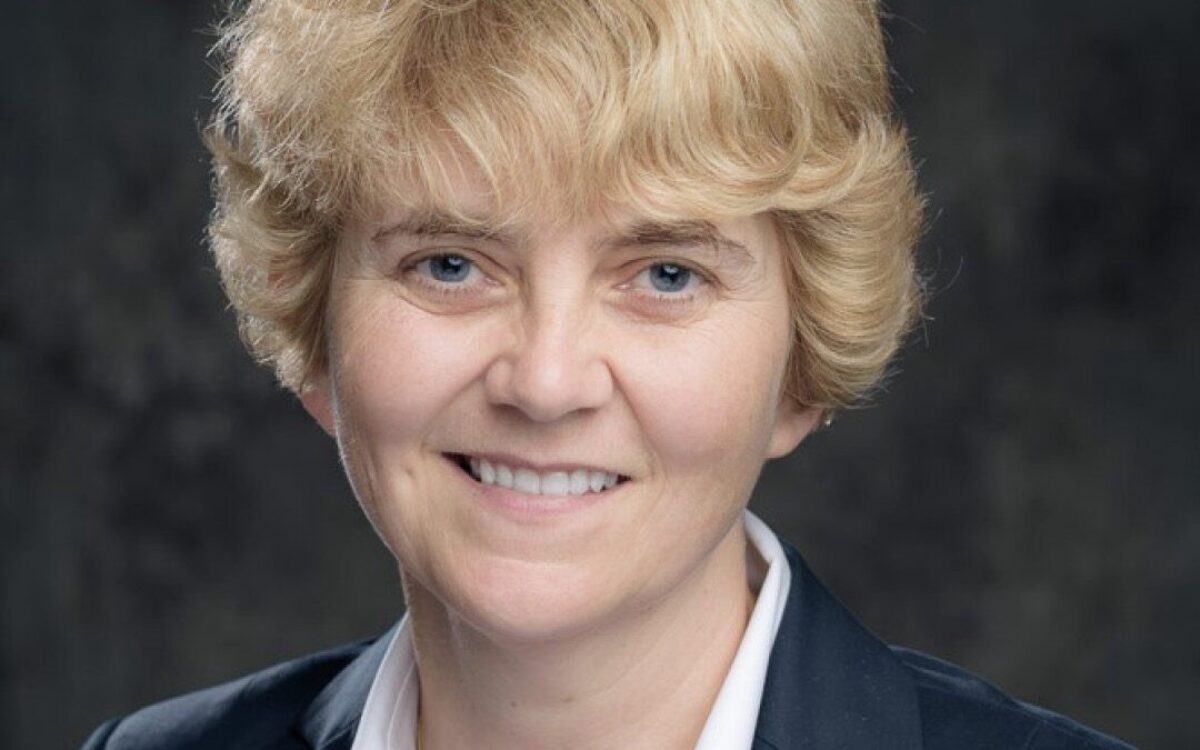
This may strike us as odd since seeking to deliver innovation is a key goal for both corporations and academia. However, it highlights some of the challenges of being innovative.
While both academia and industry have individually been successful in delivering innovative products and services, we have also seen great success from academic/industry partnerships. Why? Because innovation involves not only having an idea but also successfully implementing it. The development and distribution of Covid vaccines have been an excellent example of this – both positive and negative. The pandemic has spawned many different types of partnerships: collaborations between companies, collaborations between universities and all kinds of partnerships involving both sectors.
Universities in the UK have traditionally had a greater focus on pure research and sometimes (quietly) frowned at those who emphasise the commercialisation of products, appropriating the term “The Dark Side”. This was a term I heard all too often after I had graduated with a degree in Biochemistry and joined a pharmaceutical company. While perceptions may have evolved over the years, sadly elements of this legacy still linger and can often unintentionally limit progress.
The commercialisation of products is fundamentally about getting the product to someone who needs it and can provide enormous benefits to the relevant end-user. A consequence of shying away from “commercialisation” means many potentially good ideas remain just that – ideas. In the US we have seen many universities become major forces in innovation, and have institutions such as Stanford and MIT where driving ideas to products is in their DNA.
In the UK, universities that have long embraced innovation are now really well placed to contribute to the economic and social recovery from the pandemic. Indeed, university innovation and knowledge transfer have not just helped us fight Covid, they are now helping us build back better. And this is one of the reasons that at the beginning of this year I was delighted to become a Non-Executive Director of Edinburgh Innovations, the University of Edinburgh’s commercialisation service.
For example, our campaign Bench to Bedside highlights a number of cases where world-class academics are working with companies, or setting up their own companies, to directly improve patient outcomes.
This is effectively demonstrated by Dr Luca Cassetta, founder of Macomics, which develops novel, first-in-class immunotherapies designed to modulate macrophages, increasing the body’s immune defence against tumours. And Professor Neil Henderson who is leading research – in collaboration with two major pharmaceutical companies – to develop therapies that improve the prognosis for people living with liver disease.
But companies face challenges too – innovation is dependent on team members coming with great ideas – but how we find these is critical. I have worked in companies where brand teams are asked to generate their annual plans, then spontaneously add one or two “innovative ideas” to their closing comments – this is innovation for innovation’s sake and rarely produces the desired outcome. A more useful approach is to improve our ability to uncover and develop the ideas that thoughtful people already have – these can come from within the company or from collaborations. New ideas often come at the juncture at two disciplines where one expert can look at the work of an expert in a different field and immediately see opportunities. This frequently happens when we develop successful collaboration between industry and academia and connect people with very different backgrounds and experiences.
There was a lot of wisdom in George Bernard Shaw quote “If you have an apple and I have an apple and we exchange these apples then you and I will still each have one apple. But if you have an idea and I have an idea and we exchange these ideas, then each of us will have two ideas.” I like to think he would have extended it in today’s world to encompass the concept that if we then worked together we could make those two ideas into something really meaningful, or dare I say – innovative.
By Dr Gillian Cannon, Non-Executive Director of Edinburgh Innovations
Discover more about the University of Edinburgh’s therapeutic discovery capability at Bench to Bedside — Edinburgh Innovations.